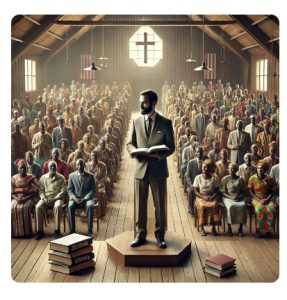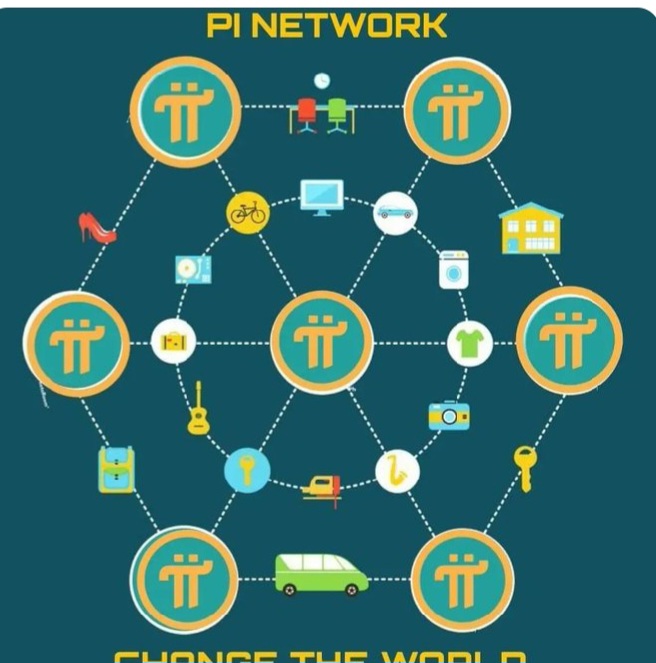THE DARK SIDE OF RELIGION IN AFRICA: Manipulation and Control.

 Religion has played a significant role in shaping African societies, from colonial times to the present day. While it can serve as a source of comfort and hope, its darker side cannot be ignored, especially when it’s used as a tool for manipulation. Many “men of God” exploit the Bible to deceive and control their followers, often for personal gains. In this blog post, we’ll explore how religion has been used to brainwashed populations in Africa and discuss the social, political, and economic consequences of this manipulation.
Religion has played a significant role in shaping African societies, from colonial times to the present day. While it can serve as a source of comfort and hope, its darker side cannot be ignored, especially when it’s used as a tool for manipulation. Many “men of God” exploit the Bible to deceive and control their followers, often for personal gains. In this blog post, we’ll explore how religion has been used to brainwashed populations in Africa and discuss the social, political, and economic consequences of this manipulation.
THE HISTORICAL CONTEXT: Religion as a Colonial Weapon.
Religion was a powerful tool during the colonial era. Missionaries introduced Christianity to Africa under the guise of “civilizing” indigenous populations. The Bible was used not just for spiritual teaching, but as a means to suppress local cultures, justify colonialism, and instill obedience to foreign rulers. African traditional religions were labeled as pagan or inferior, paving the way for European domination [oai_citation:1,Christianity and colonialism – Wikipedia](https://en.wikipedia.org/wiki/Christianity_and_colonialism).
MODERN MANIPULATION: The “Men of God.
Today, religion continues to be manipulated by modern-day religious class, often referred to as “men of God.” These figures misuse the Bible to instill fear, guilt, and blind loyalty in their followers. Preaching prosperity theology, many claim that financial donations to the church or the preacher will result in blessings or miracles. Vulnerable individuals, desperate for relief from economic hardship, often fall prey to these tactics. The Bible becomes a tool for manipulation, twisted to suit the leader’s agenda rather than to serve the spiritual growth of the congregation.
Religious manipulation is especially visible in contemporary Africa, where certain preachers abuse their positions of power. These “men of God” exploit religious faith for personal gain, twisting the Bible’s teachings to suit their own agendas.
For instance, many preach the “prosperity gospel,” convincing followers that financial blessings will flow if they make large donations to the church. This distorts the message of hope and community into one of fear and dependency, creating a cycle where people seek miracles while enduring financial ruin. Vulnerable, uninformed individuals are left entrapped by promises that never materialize.
CONSEQUENCES of RELIGIOUS MANIPULATIONS.
The manipulation of religion in Africa has deep social and economic consequences. For one, it perpetuates cycles of poverty, as followers are encouraged to give away money they can’t afford to lose. Moreover, religious divisions foster tribalism and intolerance, as certain religious groups claim superiority over others. Politically, religious leaders often hold significant sway over their followers, which can lead to corruption or political instability. Leaders may endorse politicians in exchange for power or influence, furth9er distorting democracy and governance.
This exploitation has both personal and societal effects:
- Economically, the practice can be devastating, encouraging followers to invest in religious leaders rather than their own wellbeing.
- Socially, the grip of religious leaders can contribute to political instability, as they hold sway over decisions, endorsing politicians who further entrench corruption.
- The psychological control exerted by such figures can breed a culture of blind obedience, stifling progress and critical thinking.
AWAKENINGS: Encouraging Critical Thinking and Resistance.
Breaking free from religious manipulation requires a shift towards education, literacy, and critical thinking. Africans must begin questioning the motives of their religious leaders, and seek to understand the true teachings of religious texts rather than blindly following interpretations designed to control them. Communities must also create spaces where individuals can explore their spiritual identities without fear of manipulation, focusing on personal and collective empowerment.
CONCLUSION:
While religion continues to be an integral part of African life, it is crucial to recognize its potential for harm when misused. By encouraging critical thinking and education, Africans can challenge and resist the negative influences of religious manipulation, reclaiming both their spiritual and personal freedoms.
AFRICANPARROT TV.






Adetunji
2 weeks agoIt’s well said but how are we going to explain to religion dogmatics to make them realize that they are in the religion bondages.